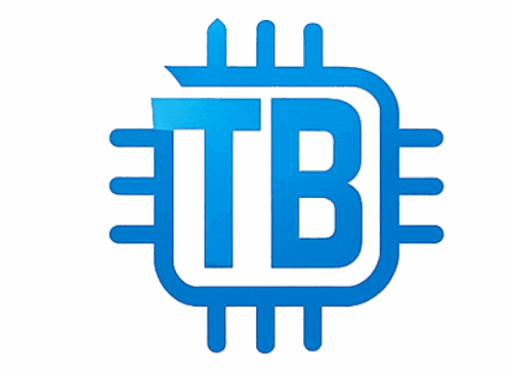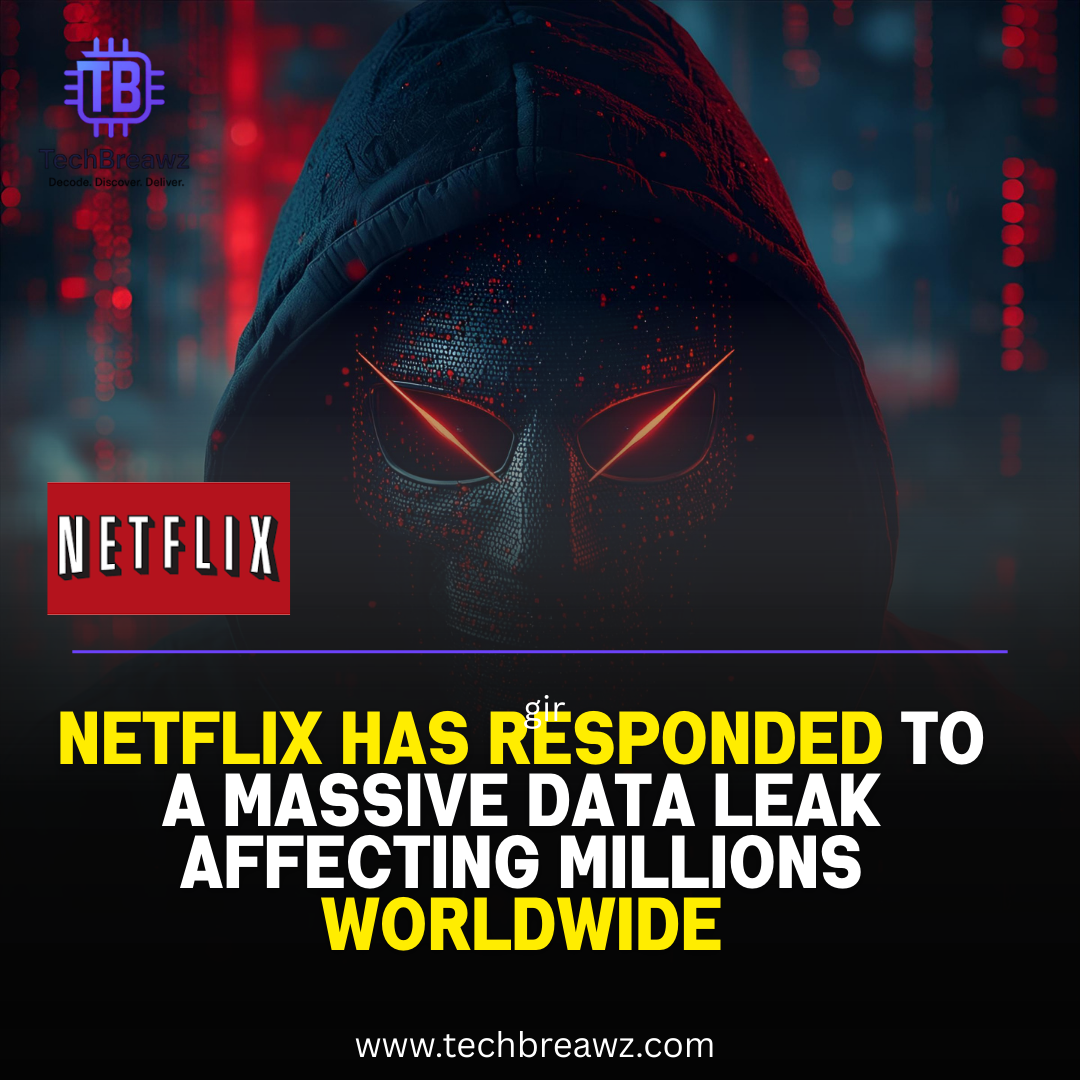In May 2025, cybersecurity researcher Jeremiah Fowler uncovered a shocking data leak exposing the login details of over 184 million people worldwide. The 47GB database included account credentials from major platforms like Facebook, Google, Microsoft, PayPal, and even Netflix. Unlike most breaches, the origin of this data was unclear, raising serious concerns. After reports surfaced that Netflix accounts were among those exposed, the streaming giant addressed the issue. Netflix has responded to a massive data leak by assuring customers that its systems were not directly breached but that compromised accounts were linked to stolen credentials circulating online. The company outlined new security measures to protect users making transparency and trust the cornerstone of its response.

Timeline of the Data Leak and Netflix’s Response
Discovery of the Database
-
Date: May 2025
-
Researcher: Jeremiah Fowler
-
Size: 47GB of plaintext usernames and passwords
-
Platforms affected: Netflix, Facebook, Google, Microsoft, PayPal, Amazon, Apple, Discord, Roblox, and others
What Made This Leak Different?
Unlike typical breaches, this trove contained plain text credentials with no encryption, making it easy for cybercriminals to misuse. It also included 220 government emails from 29 countries, raising national security concerns.
Netflix’s Official Statement
After security analysts confirmed Netflix accounts were among the exposed data, the company released a statement. Netflix clarified that its servers were not directly hacked, but some customer accounts were compromised because of credential stuffing attack. where hackers reuse stolen usernames and passwords from other sites.
Netflix has responded to a massive data leak by urging users to:
-
Reset their passwords
-
Avoid reusing login details across platforms
-
Enable two-factor authentication
What Information Was Exposed in the Leak?
-
he database analyzed included:
-
479 Facebook accounts
-
475 Google accounts
-
240 Instagram accounts
-
227 Roblox accounts
-
209 Discord accounts
-
100+ Netflix accounts
-
100+ PayPal accounts
-
Many others (Amazon, Apple, Twitter, Spotify, Yahoo
-
Risks for Netflix Users
-
Unauthorized logins on their Netflix account
-
Payment fraud if linked billing details are exploited
-
Phishing attempts pretending to be Netflix support
-
Streaming hijacking where accounts are sold illegally on the dark web
How Netflix Has Responded to a Massive Data Leak:
Immediate Actions
Once news broke, Netflix implemented several steps:
-
Forced password resets for flagged accounts
-
Monitored unusual login patterns
-
Issued direct email alerts to potentially affected users
Read More:
Will the iPhone 17 pro comes with 256GB standard Storage
Strengthened Security Policies
Netflix has responded to a massive data leak by strengthening its systems:
-
Encouraging unique and strong passwords
-
Expanding two-factor authentication (2FA) rollout
-
Collaborating with external cybersecurity firms for threat analysis
Comparison Table – Before vs. After Netflix Responded
| Category | Before the Leak | After Netflix Responded to a Massive Data Leak |
|---|---|---|
| Login Security | Single password | Stronger password rules + 2FA recommended |
| User Awareness | Limited education | Regular alerts and password safety tips |
| Account Monitoring | Standard fraud detection | Real-time suspicious login alerts |
| Customer Support | Case-by-case response | Proactive outreach to flagged users |
Why Netflix’s Response Matters
When a global service like Netflix addresses a breach—even if it’s not directly their fault—it sets a precedent for transparency and responsibility. By acknowledging the issue, guiding users, and strengthening protections, Netflix shows its commitment to privacy.
Other companies sometimes remain silent during leaks, but Netflix’s approach demonstrates why trust is vital in the streaming industry.
Lessons for Users
If your Netflix account might have been part of the leak, here’s what you should do:
✅ Change your password immediately
✅ Don’t reuse passwords across sites
✅ Enable 2FA wherever possible
✅ Look for suspicious activity (unfamiliar devices streaming your account)
✅ Check your email for official Netflix notifications
Expert Opinions on Netflix’s Response
Cybersecurity experts have noted:
-
Netflix’s reaction was timely and transparent.
-
The company’s cooperation with researchers and authorities reflects best practices.
-
They caution users that credential stuffing is one of the biggest risks in today’s digital world.
Read More:
World of Warcraft Patch 11.1.7: Secret Feature in 11.2 Lets Players Skip Delve Content
FAQs – People Also Ask
Q1: Did Netflix itself get hacked in 2025?
No, Netflix’s servers were not directly breached. The exposed accounts came from a massive leaked database, likely compiled from malware or reused credentials.
Q2: How has Netflix responded to a massive data leak?
Netflix has responded by resetting vulnerable accounts, sending alerts, and improving login security measures such as recommending two-factor authentication.
Q3: What should I do if my Netflix account was exposed?
Change your password, enable 2FA, and monitor your account for suspicious activity.
Q4: How many Netflix accounts were in the leak?
Over 100 Netflix accounts were confirmed in the 47GB database exposed in May 2025.
Q5: Can leaked Netflix accounts be sold online?
Yes, stolen Netflix logins are often resold on the dark web for cheap subscriptions, which is why Netflix warns users to stay vigilant.
Q6: Why is using the same password risky?
Because credential stuffing allows hackers to reuse stolen passwords across multiple sites, including Netflix.
Q7: Will Netflix offer compensation to affected users?
Netflix has not announced compensation but has provided security support and account resets.
The May 2025 discovery of a massive data leak affecting 184 million accounts worldwide has highlighted the growing risks of cybercrime. While Netflix was not directly hacked, some of its users were caught up in the fallout. Netflix has responded to a massive data leak by prioritizing transparency, boosting account security, and urging customers to take preventive steps.
For users, the lesson is clear: never reuse passwords and always enable two-factor authentication. With streaming services being central to daily life, protecting accounts is more important than ever.
Read This Also:
Pixel Watch 4: Design Changes, New Fitness Features and Expanded AI
How to recover permanently deleted text messages a complete guide

